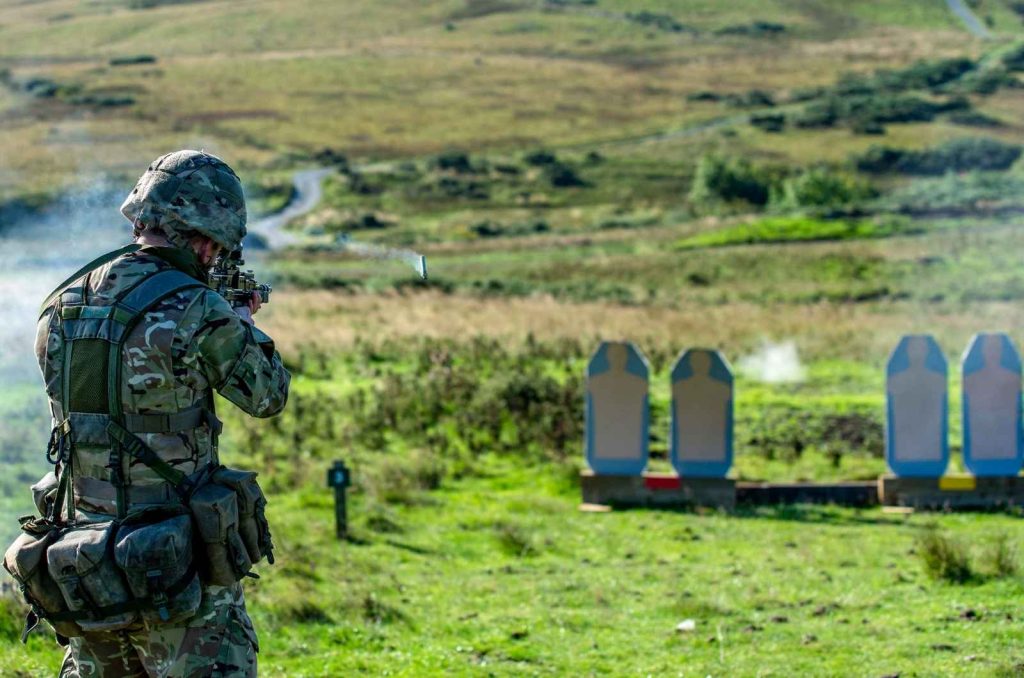
?Why Is Consulting Critical in Security Training
In an era where security threats evolve at an unprecedented pace, the need for robust security training programs has never been more critical. Consulting services, especially those focusing on special operations tactics and mission planning, play a pivotal role in this context. These services bring a wealth of experience and specialized knowledge, offering insights that traditional training methodologies might overlook. The involvement of seasoned consultants ensures that training programs are not only comprehensive but also adaptable to the dynamic nature of security challenges today. By integrating consulting expertise into security training, organizations can develop programs that are both innovative and effective, preparing personnel to face and mitigate contemporary threats efficiently. This foundational understanding sets the stage for exploring how consulting services, underpinned by real-world experience and strategic insights, enhance the effectiveness of security training programs.
What Are the Core Components of Consulting Services in Security?
Consulting services in security encompass a range of components, each designed to address different aspects of security and defense needs. At the heart of these services are strategic planning and risk assessment, which form the foundation for any effective security program. Consultants utilize their expertise to identify potential threats and vulnerabilities, enabling organizations to proactively address risks before they escalate into critical incidents.
Another key component is the development of special operations tactics. This involves the creation of detailed operational plans that incorporate advanced techniques and strategies, tailored to the specific needs of the client. These tactics are often derived from real-world experience in high-stakes environments, ensuring they are both practical and effective.
Training and capacity building are also central to consulting services. Consultants design and implement comprehensive training programs that cover a wide range of skills, from combat and elite shooting to anomaly recognition and undercover operations. The goal is to equip security personnel with the knowledge and abilities they need to perform their duties at the highest level.
Lastly, consulting services often include ongoing support and advice. This ensures that organizations can continue to adapt and evolve their security practices in response to changing threats and challenges, maintaining a state of readiness and resilience.
?How Do Special Operations Tactics Shape Security Training
Special operations tactics are a cornerstone of modern security training, profoundly influencing its structure and content. These tactics, derived from military and law enforcement special units, emphasize agility, precision, and adaptability—qualities essential for responding to complex and dynamic security threats. By incorporating special operations tactics into security training programs, consultants ensure that trainees are not just prepared for current challenges but are also adaptable to future threats.
One of the key ways these tactics shape training is through scenario-based learning. Trainees are placed in simulated environments that mimic real-world threats, from terrorist attacks to high-risk rescue operations. This immersive approach facilitates a deeper understanding of tactical decision-making, stress management, and the application of skills in high-pressure situations.
Furthermore, special operations tactics introduce advanced skills such as elite shooting, covert surveillance, and intelligence gathering. These are not typically covered in conventional security training but are crucial for high-stakes operations. The emphasis on these advanced skills ensures that security personnel are well-equipped to handle sophisticated threats.
Lastly, special operations tactics advocate for a multidisciplinary approach, combining physical training with critical thinking and strategy. This holistic perspective ensures that security training produces well-rounded operatives capable of thinking on their feet and making informed decisions in any scenario.
What Is the Impact of Experience in Developing Training Programs?
The impact of experience in developing security training programs is both profound and multifaceted. Experience, particularly that garnered from real-world operations and high-stress environments, serves as a valuable resource, infusing training programs with practical insights and proven strategies. This real-world experience ensures that the training is not only theoretical but grounded in scenarios that security personnel are likely to encounter.
Experienced consultants bring to the table lessons learned from past successes and failures, allowing them to design training modules that emphasize critical skills and decision-making processes. This experience-based approach helps in identifying gaps in traditional training methods, introducing innovative techniques and technologies that enhance the overall effectiveness of the program.
Moreover, experience fosters a culture of continuous learning and adaptation. By reflecting on past operations, consultants can anticipate emerging threats and evolving tactics, ensuring that training programs remain relevant and up-to-date. This proactive stance on security training equips personnel with the knowledge and skills to adapt to new challenges, fostering a resilient and responsive security posture.
In essence, the inclusion of experienced consultants in the development of training programs translates into more comprehensive, realistic, and effective training outcomes. Their insights ensure that security personnel are not just trained but are truly prepared for the complexities of modern security environments.
Can Experience and Consulting Truly Transform Security Training?
In conclusion, the integration of experience and consulting services for example ftdefense into security training programs is not just beneficial; it's transformative. The unique insights and practical knowledge provided by experienced consultants play a pivotal role in shaping training that is both current and forward-thinking. By leveraging real-world experience and specialized expertise, consulting services ensure that security training programs are comprehensive, addressing not only the technical aspects of security operations but also fostering critical thinking and adaptability among trainees.
The case studies and examples illustrated throughout this discussion underscore the tangible impact of incorporating experienced-based insights into security training. From enhancing the relevance of training content to introducing innovative training methodologies, the contribution of consulting services is invaluable. As security threats continue to evolve, the need for training programs that are informed by real-world experience and strategic planning has never been more critical. Thus, experience and consulting don't just improve security training; they redefine it for the better.
